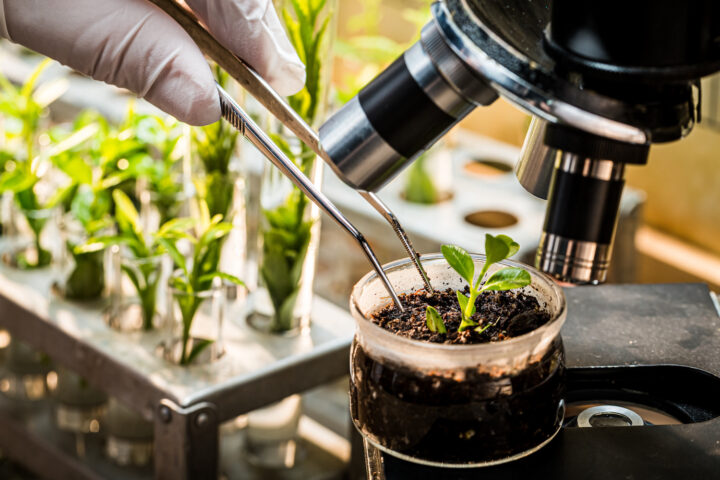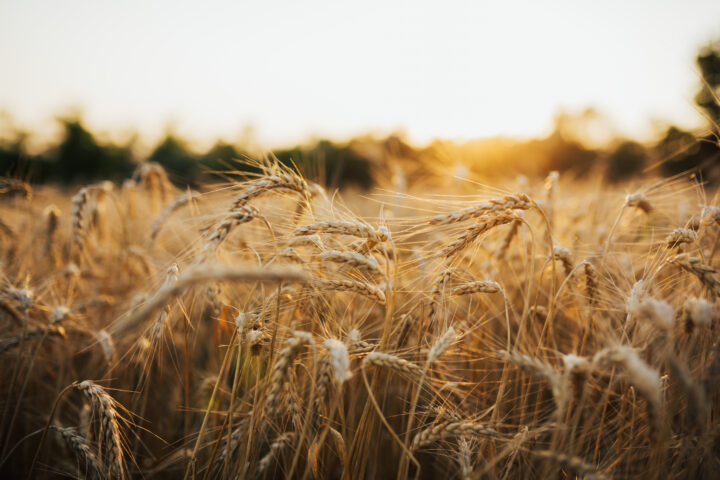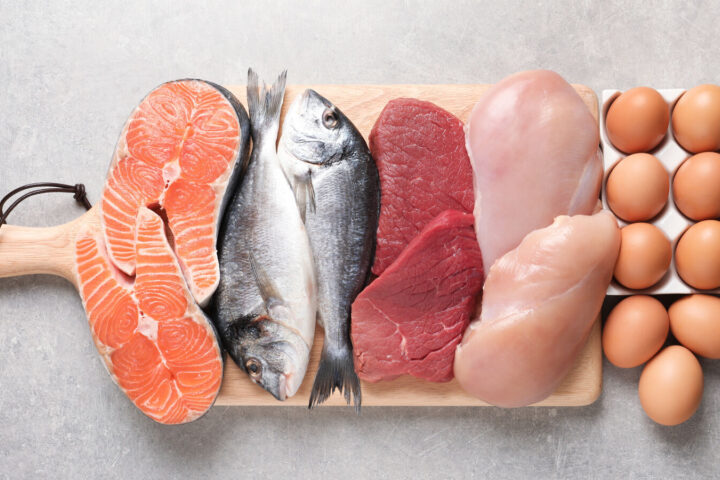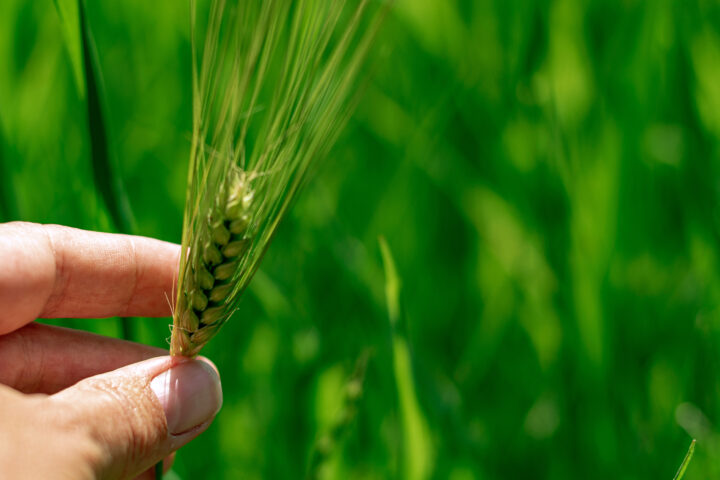
Potato farmers want robust varieties
As the use of crop protection has been massively reduced, the potato industry now wants to focus on more robust varieties. The industry has even concluded a target agreement with the federal government. This is ambitious: By 2040, robust varieties are to grow on 80% of potato cultivation areas.
Wednesday, April 24, 2024
The reduction pathway for crop protection is a challenge for the potato industry. It calls for a 50 per cent reduction in the use of crop protection by 2027, with vegetable cultivation being particularly affected. However, agriculture is also dependent on crop protection in potato cultivation - «both in conventional cultivation and in organic production», writes Swisspatat in a press release.
In the «Bauern Zeitung», vegetable gardener Thomas Wyssa from Galmiz commented on the situation: «Potato producers are already reducing the area under cultivation or even giving up altogether». And this is unlikely to change any time soon: Because after several very difficult growing years for potatoes, seed potatoes are now also in short supply throughout Europe.
80% of the areas should be robust varieties
In order to maintain potato production despite this, the potato industry wants to focus more on robust varieties in future. As reported by «Schweizer Bauer», the industry, together with the Federal Office for Agriculture (BWL), has set itself the goal of cultivating robust varieties on 25 per cent of the land by 2028. By 2040, it should even be 80 per cent. «The entire potato sector, including production, trade and the processing industry, is behind the agreement», writes Swisspatat.
Robust varieties are, for example, resistant to late blight, which can result in major yield losses or even total failure when infected, or at least have a certain tolerance. This should make it possible to reduce the use of fungicides. This is highly desirable because the copper used to treat late blight does not degrade but accumulates in the soil.
New varieties give hope
The results of a research project carried out by Swisspatat and Agroscope confirm this: the number of fungicide applications on robust potato varieties can be reduced by over 50 per cent. «Robust potato varieties, together with tools such as forecasting models, can make an important contribution to reducing the use of plant protection products», according to the Swisspatat press release.
However, there is one problem: breeding robust varieties takes an enormous amount of time. According to Swisspatat, it takes 12 to 15 years for a newly bred potato variety to reach the market.
One of the reasons for this is the numerous requirements that new varieties have to fulfil. These include conditions such as heat and drought tolerance, storability, processability into potato products, susceptibility to viruses during propagation and resistance to diseases.
The media reports ignore the fact that new breeding technologies such as genome editing also represent an opportunity to breed more robust varieties and increase yields. These massively accelerate the breeding process. The Swiss Farmers' Union has also recognised the potential of new breeding technologies in view of the massive reduction in plant protection products and is open to them.
Kindly note:
We, a non-native editorial team value clear and faultless communication. At times we have to prioritize speed over perfection, utilizing tools, that are still learning.
We are deepL sorry for any observed stylistic or spelling errors.
Related articles

Using CRISPR/Cas9 to fight potato blight
The Nobel Prize-winning CRISPR/Cas method now makes it possible to breed resistant varieties and may reduce the use of pesticides in agriculture.

Will this field trial revolutionise barley production?
Switzerland's first field trial using plants from new breeding technologies will start this spring in Zurich. Specifically, the aim is to breed a spring barley that produces more grains per ear. If the trial works, the technology is likely to be of great interest to Swiss agriculture.

Precision breeding – England allows cultivation of gene-edited crops
A regulatory change in England allows the commercial use of new breeding technologies. Until now, these technologies had been regulated in accordance with the same restrictive rules as in the EU. As a result of the new law, English farmers are now allowed to grow crops that have been bred using genome editing. This gives England’s farmers a new tool in the fight against climate change and for more sustainable agriculture.

Why Strict GMO Regulation Stifles Innovation
New breeding techniques such as CRISPR-Cas are considered key to developing resilient crops, stable yields and reducing the need for plant protection products. ETH professor Bruno Studer warns that overregulating these technologies strengthens precisely those large agricultural corporations that critics seek to curb, while excluding smaller breeders and start-ups from the market.

A Superfood with Benefits and Challenges
Sweet lupin is Biovision’s “Superfood of the Year 2026.” It delivers high protein content, improves soils and supports biodiversity. Yet a closer look at agricultural practice shows that without breeding, crop protection and innovation, even this superfood remains a challenging crop.

Sales bans due to PFAS: Should we be worried?
After spectacular sales bans on fish and meat due to PFAS contamination, consumers are asking themselves: How dangerous are these substances really – and what can still be placed in the shopping basket without concern?

How German Experts View New Breeding Techniques
In hardly any other country is the idyllic image of organic farming cultivated in the public sphere as carefully as in Germany. Naturalness and rural authenticity are powerful mental refuges for many Germans. Against this backdrop, it is hardly surprising that resistance to new breeding techniques is strong – and that ignorance about the realities of organic farming sometimes appears almost deliberate.

